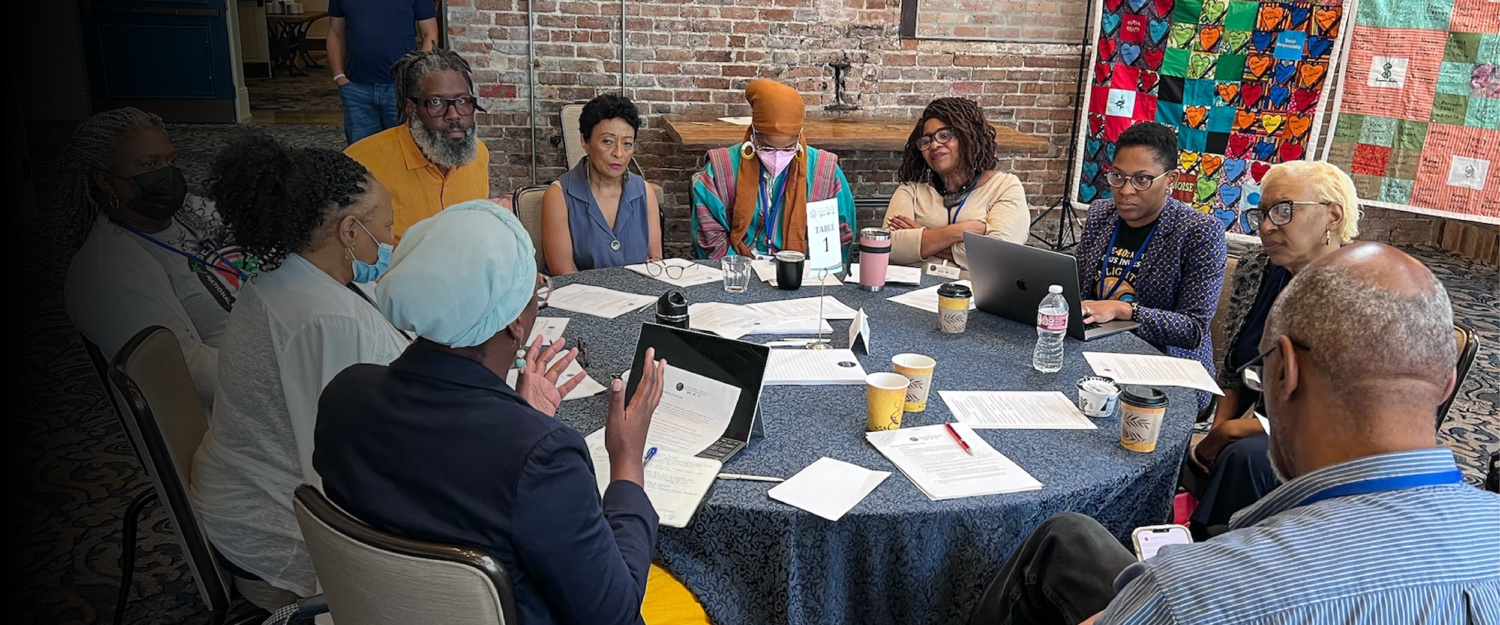
Supporting advocates to build racial equity into public health policy
Policies aiming to advance equity can have the opposite effect if they’re not written carefully. However, asking for racial equity language in public policy is new territory for many advocates; this guide helps them tee up the conversation with policymakers.
What was the challenge?
Grantees of Voices for Healthy Kids—an American Heart Association initiative—needed help focusing policies where need is greatest. MG developed research-based messages to make the case. In 2020, when calls were amplified for racial justice and a pandemic was ravaging communities of color, Voices for Healthy Kids committed to being more direct about focusing policies in communities affected by structural racism.
What did we do?
MG collaborated with Voices staff and grantees to update the research-based messaging with an overt racial equity focus. The messages illustrate that although policies create and uphold racial inequities, they can also be a tool to build racial equity. The messaging directly calls on policymakers to create change.
We then tested those messages in interviews and a national online survey of 102 decision-makers across ideology, geography, race and ethnicity, and age. The objective was not to soften our messages, but to understand how to maintain conviction while advancing effective discussion.
The testing showed that a majority of policymakers are ready for conversations about racial equity, but where those conversations start and how they happen matters. We created two sets of messages—one for decision-makers more ready for overt conversation and one for those less ready—along with a full set of tools and resources to support advocates in this work.
What happened?
MG and Voices for Healthy Kids produced a robust message guide and hosted a series of trainings for grantees, for affinity groups working on specific policy issues, for funders and others, and the guide is being used across the country. Advocates are reporting they are using the messages to work more effectively in coalitions and to advance racial equity policies.
The guide is available for free and open use, and is applicable for securing racial equity language in a variety of policies that can help address public health disparities.

From our client:
“This work is a core part of our journey to be a racial equity organization, and MG could not have been a better partner. They were able to hold racial justice outcomes, our organizational strategy and our grantees’ communication needs in equal measure, guiding us through a process that advanced all three aims. MG is a long-term ally and partner.”
—Lori Fresina, Vice President and Executive Director of Voices for Healthy Kids, American Heart Association


